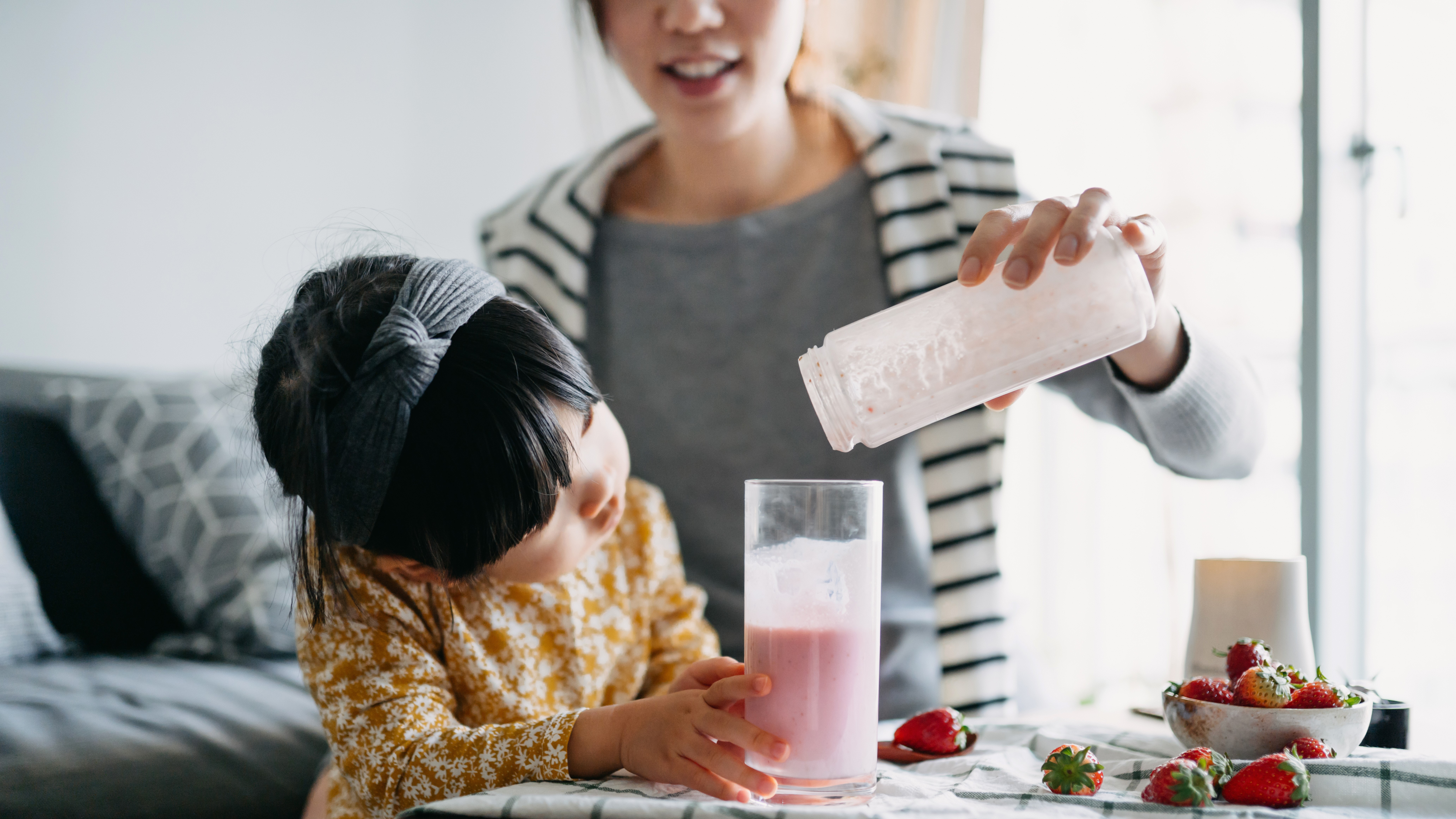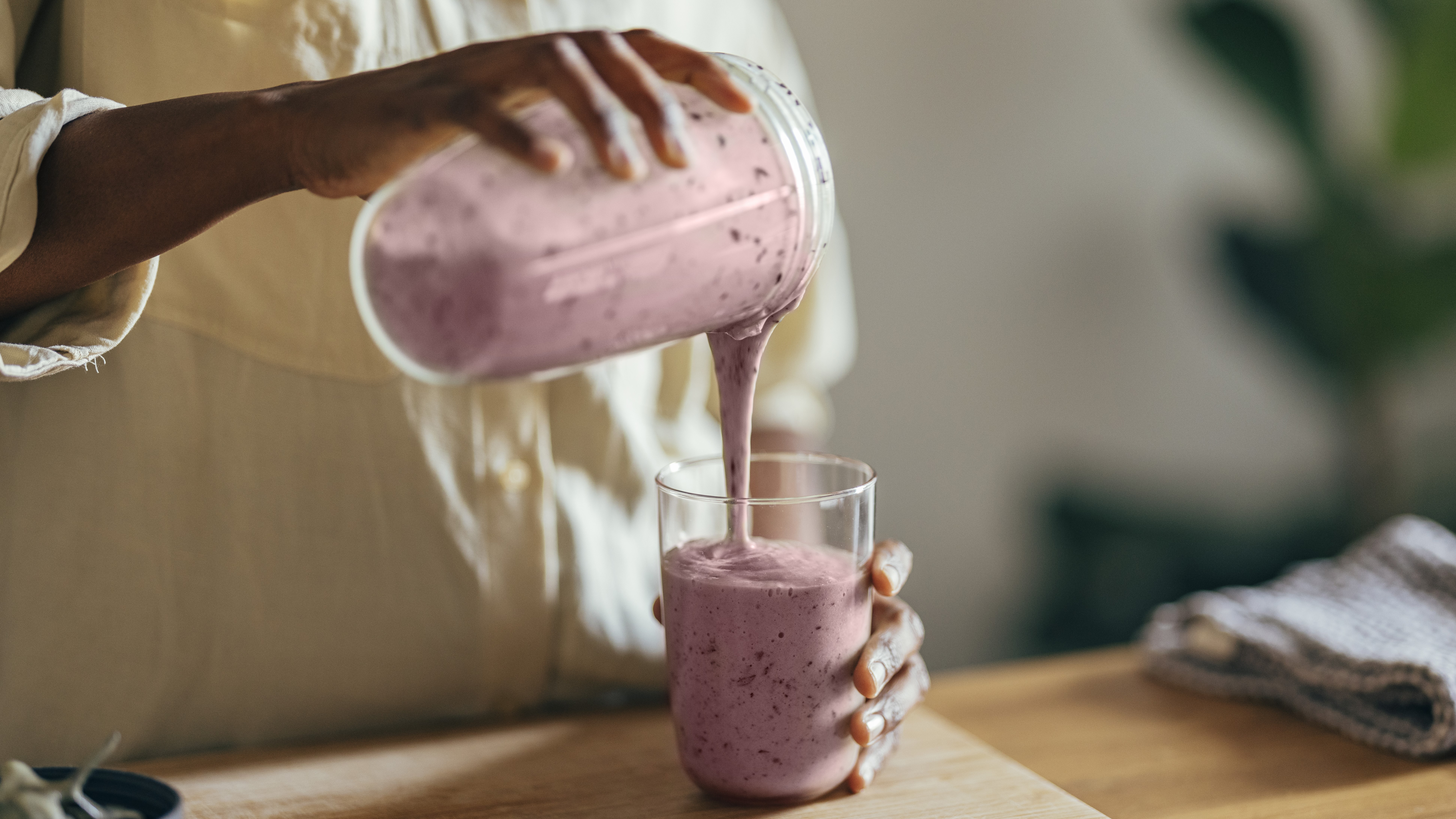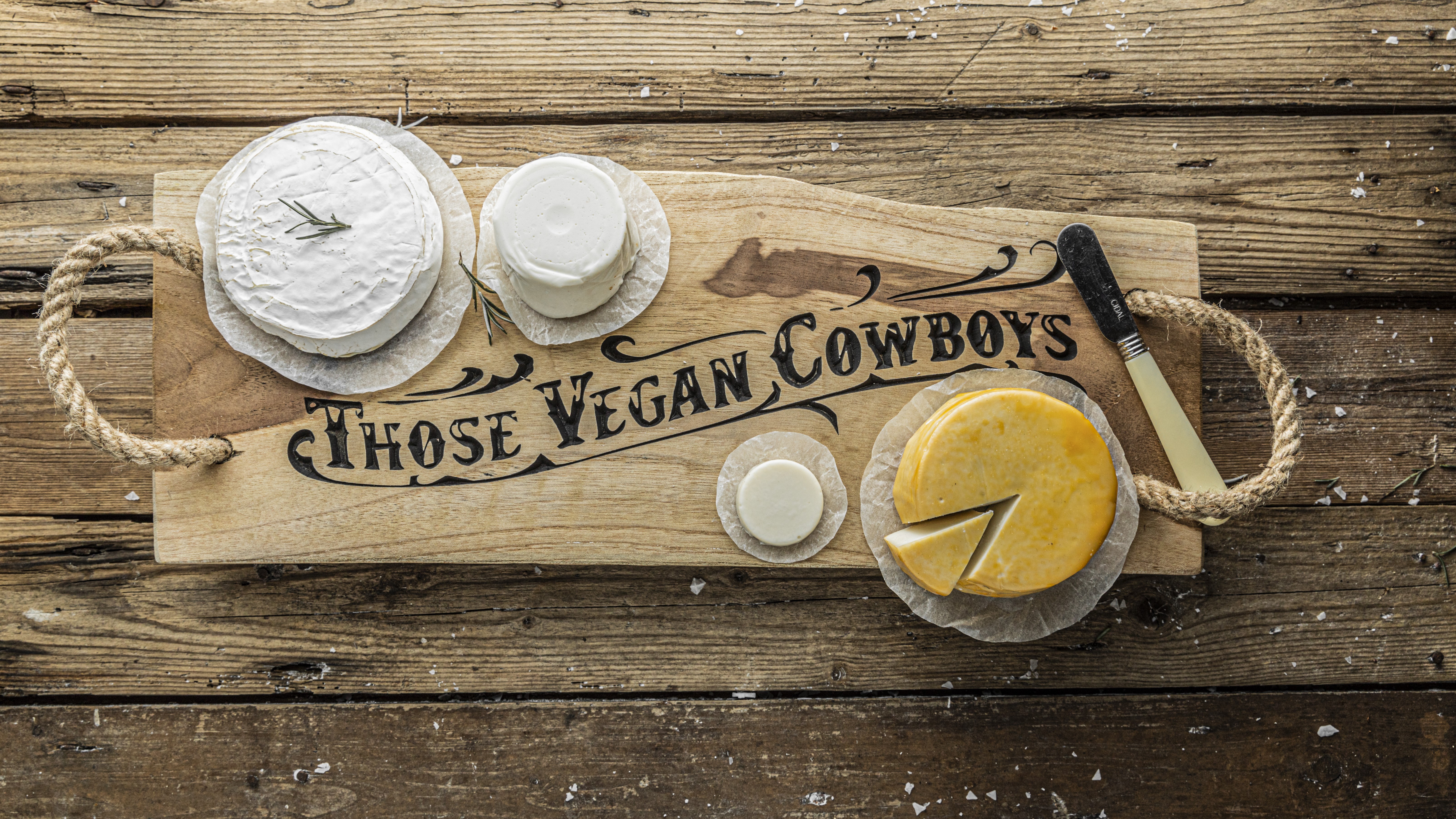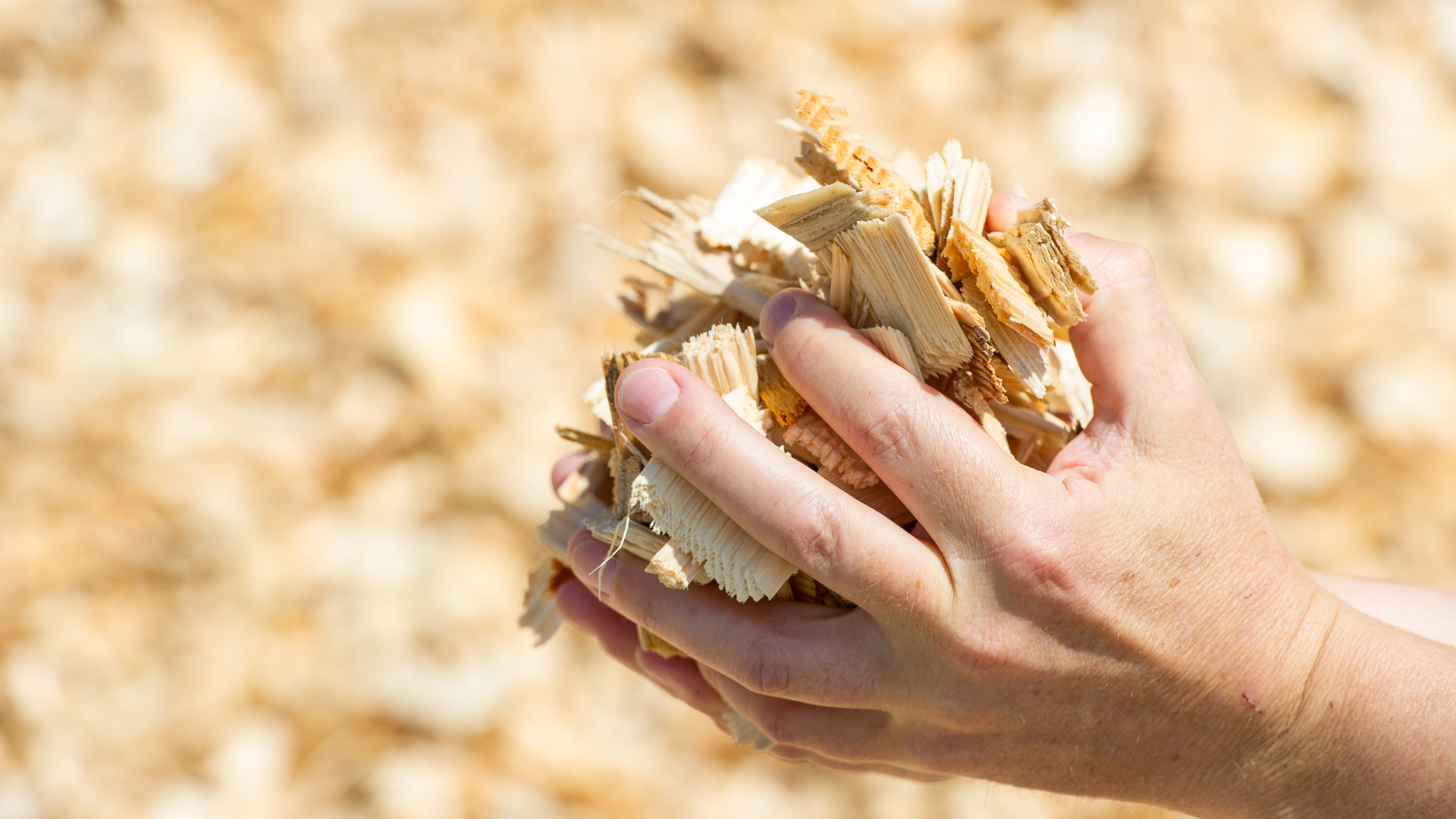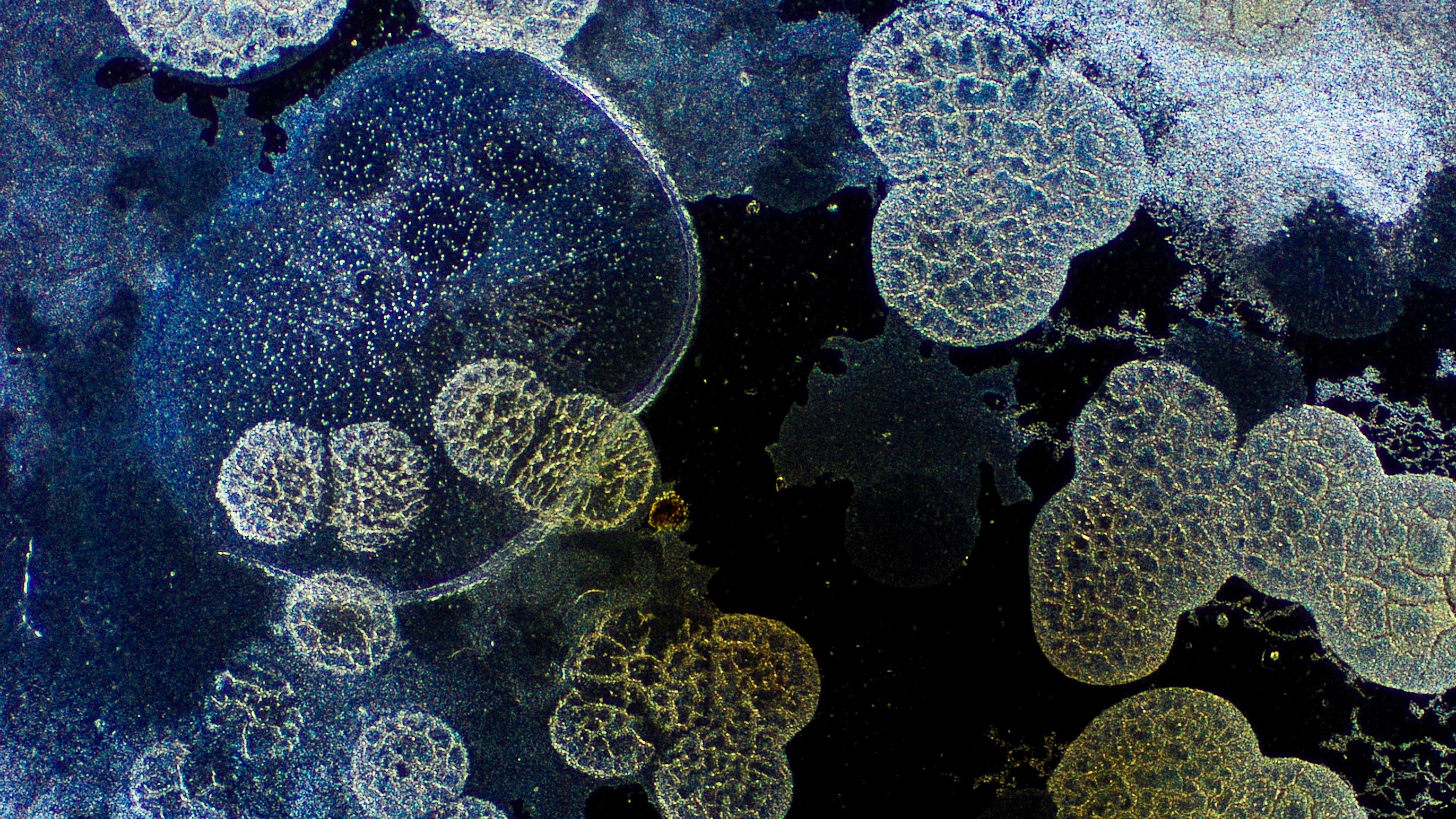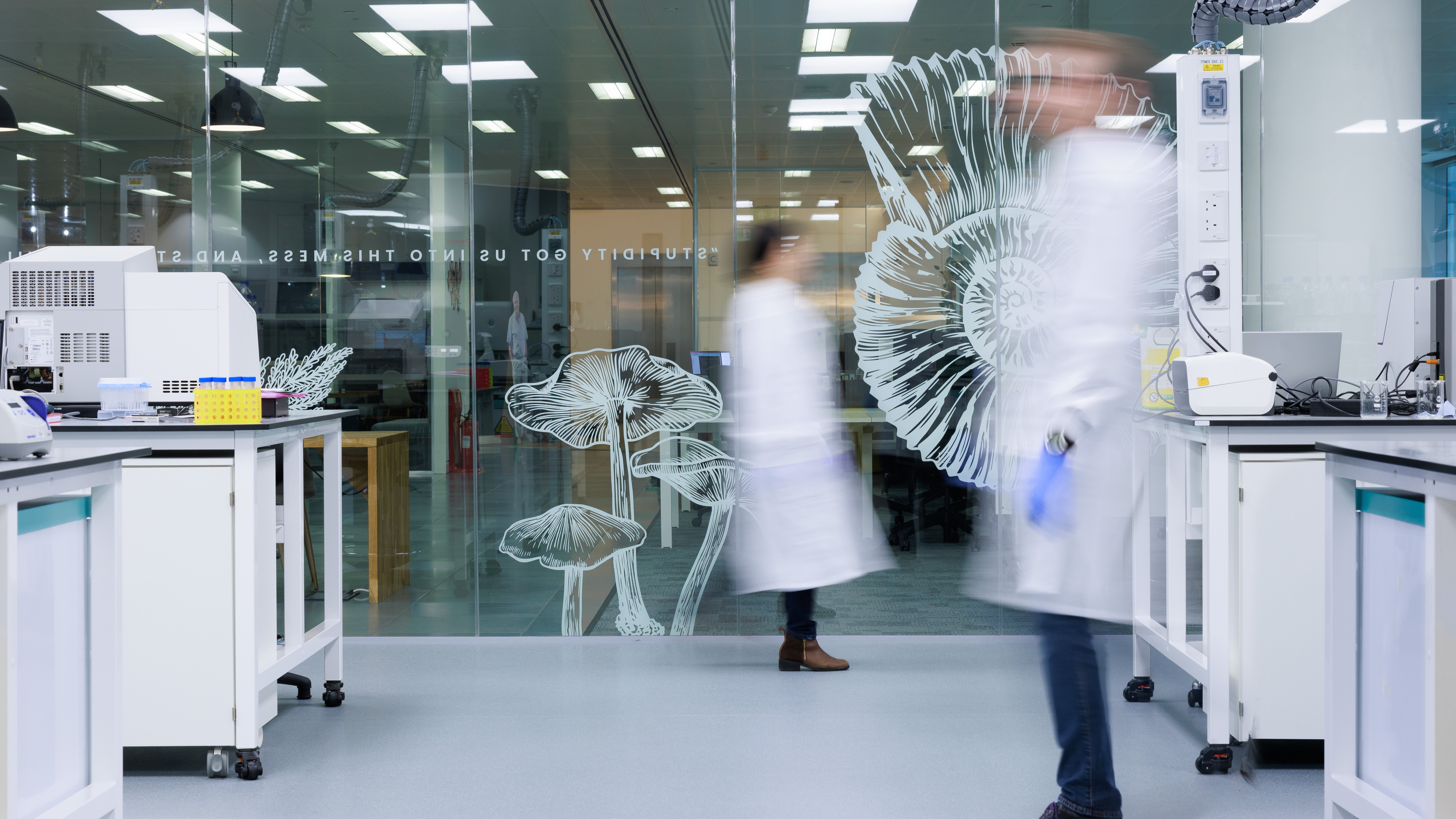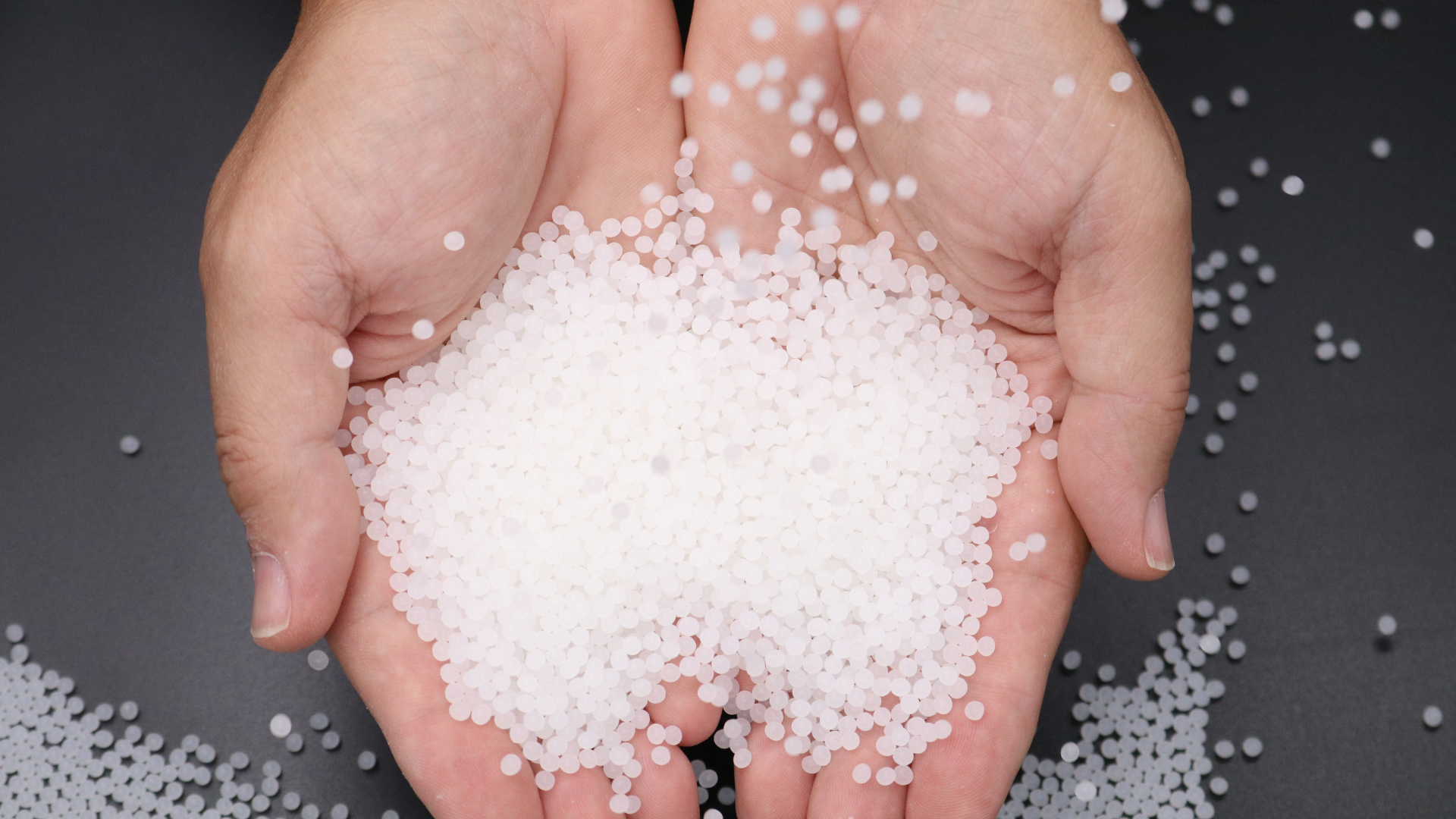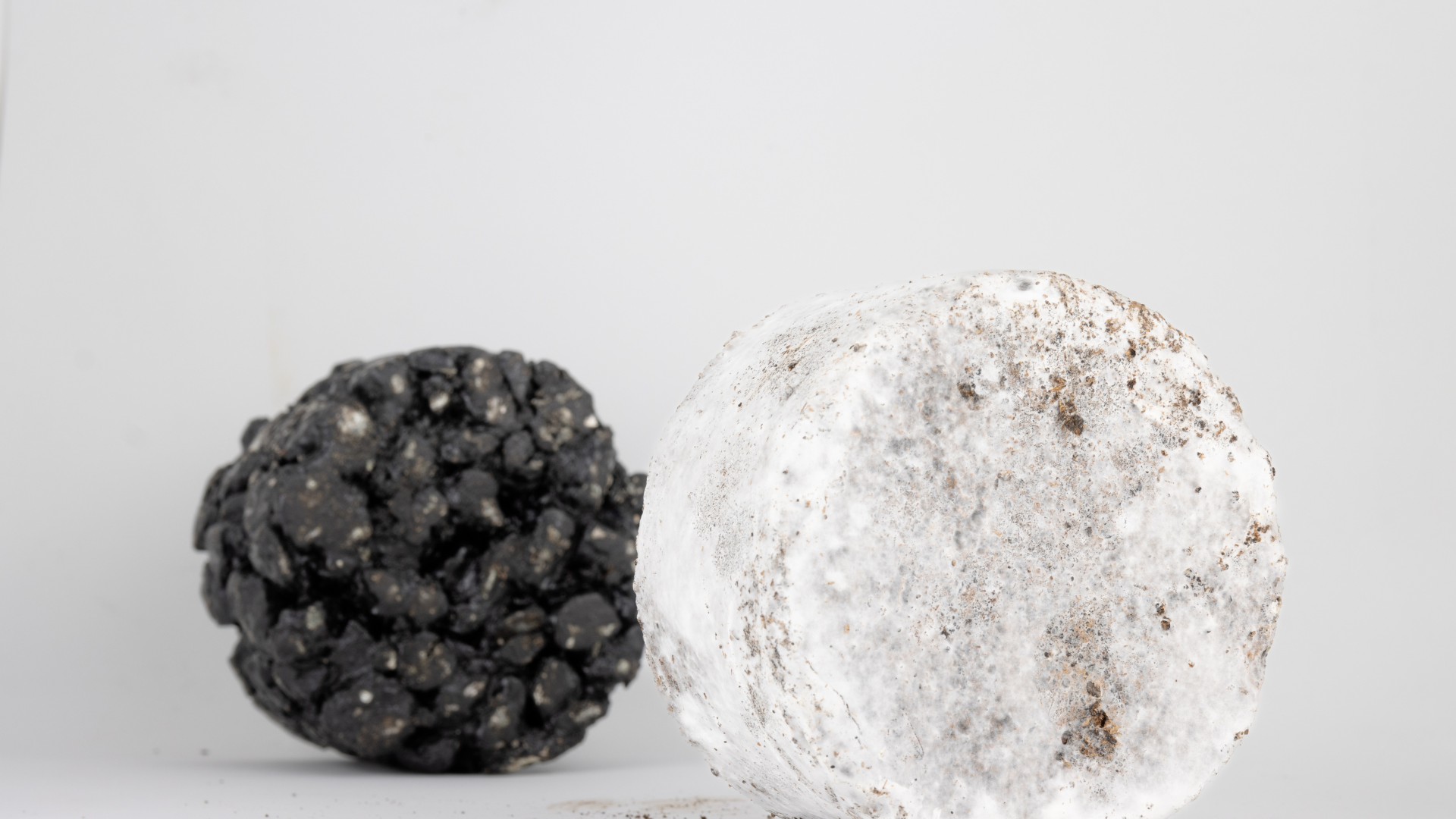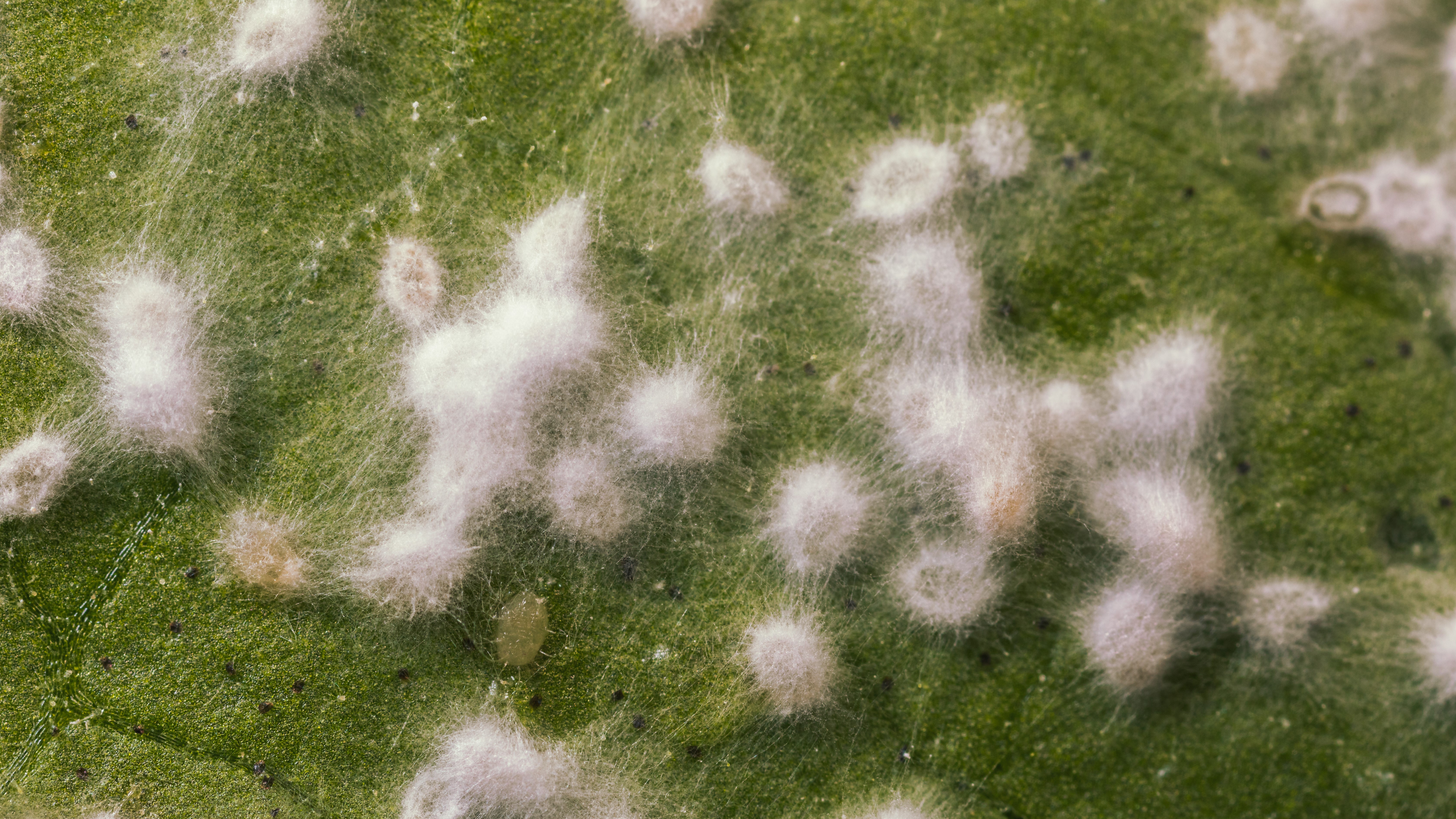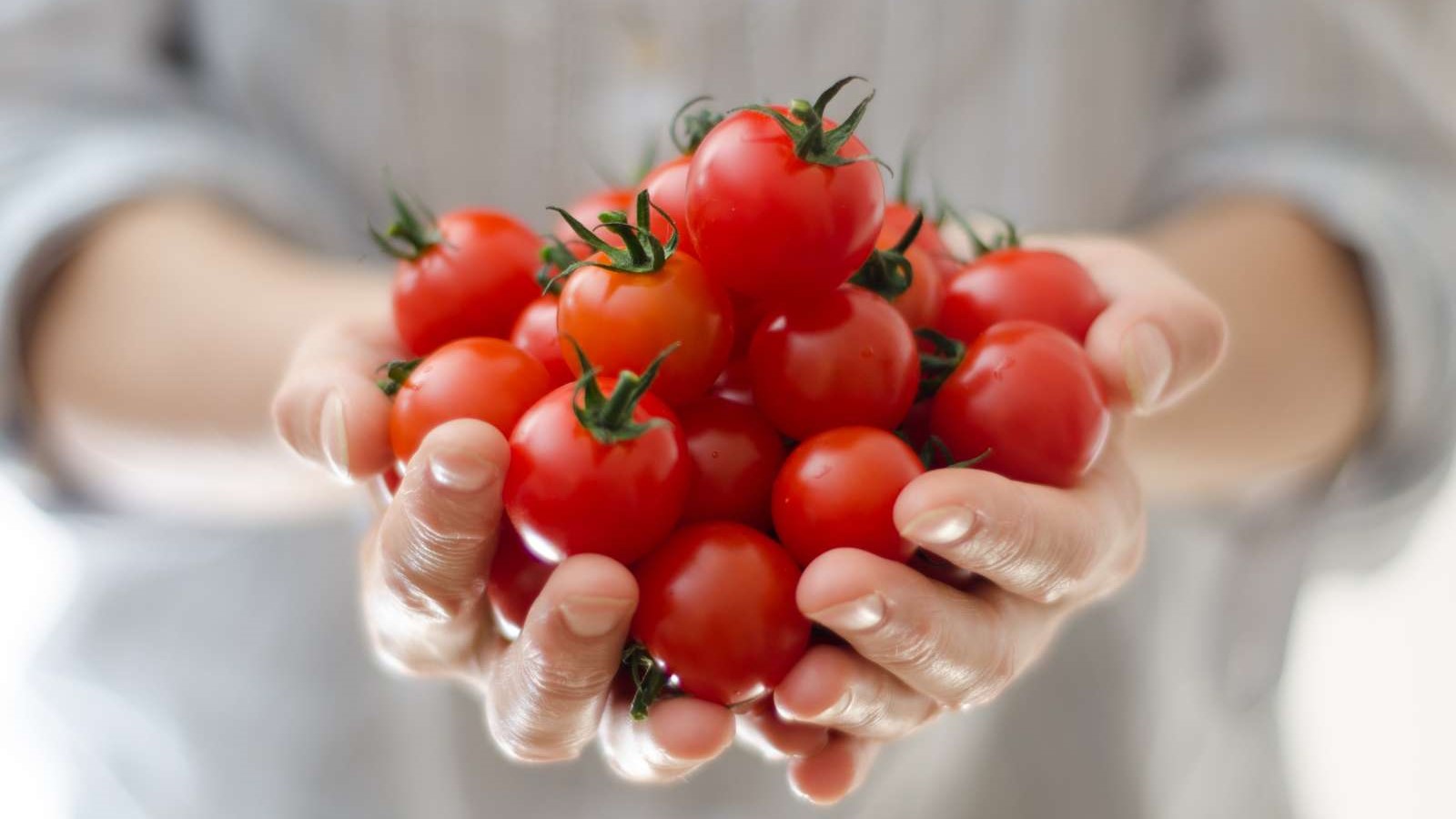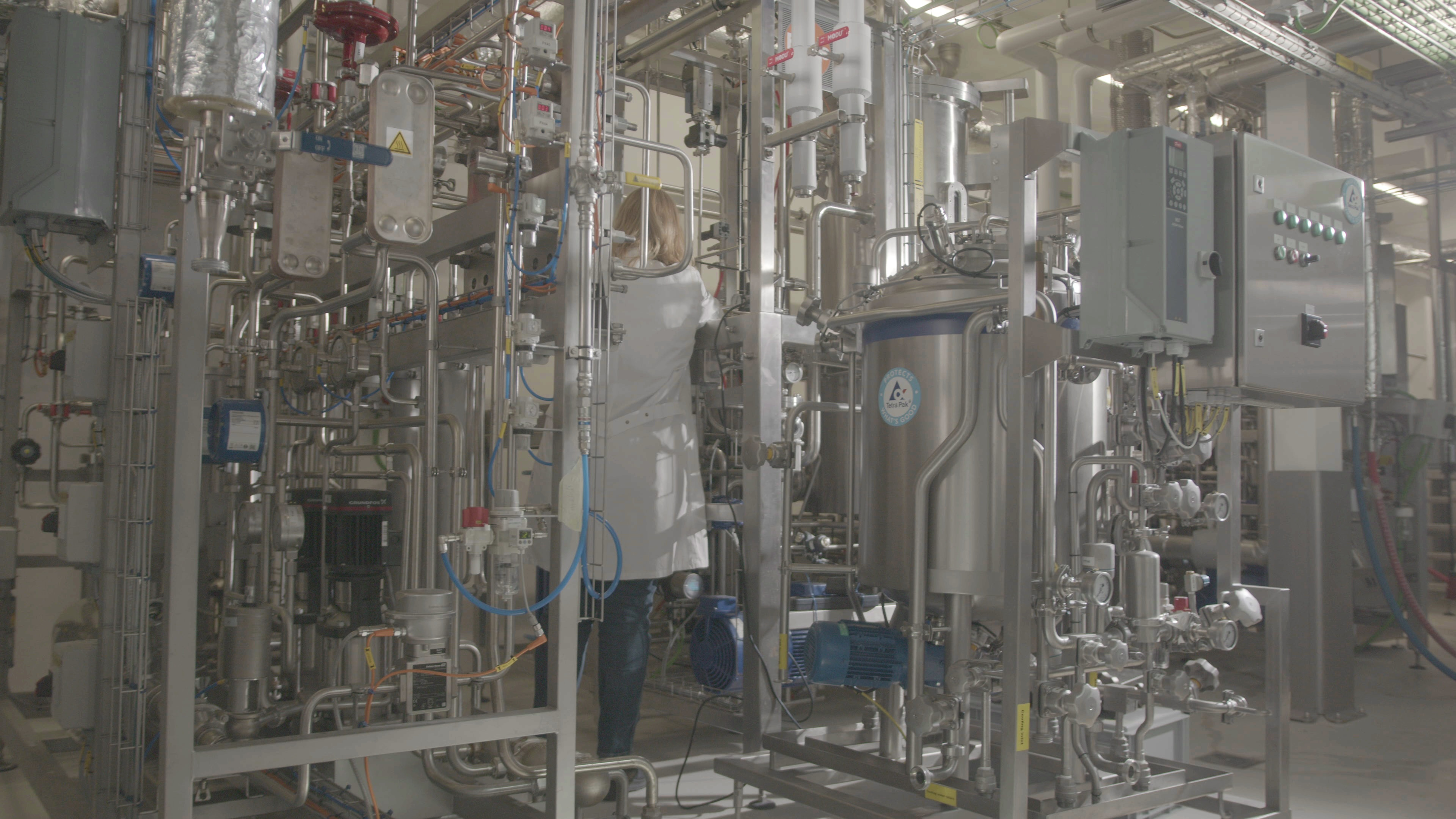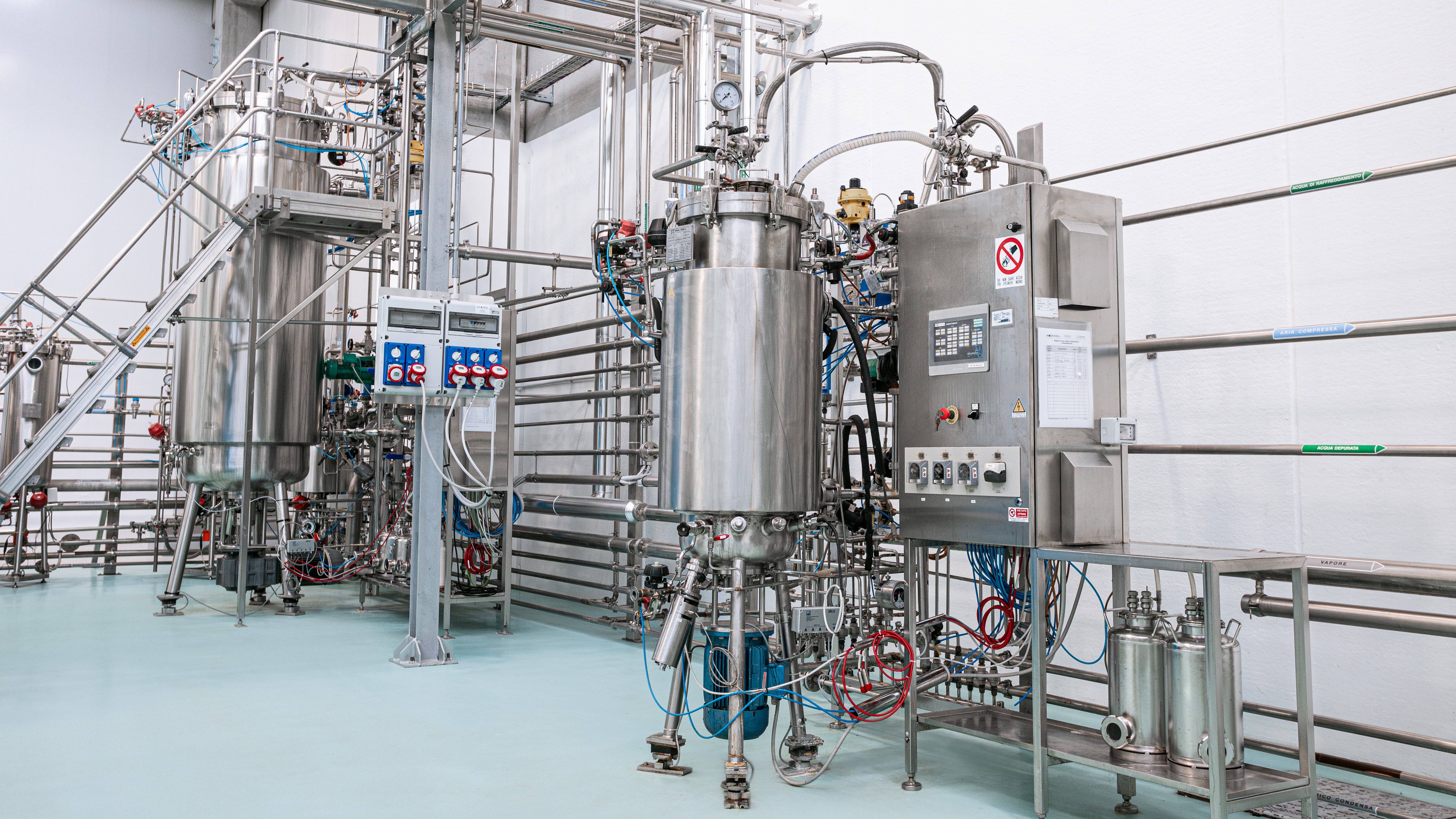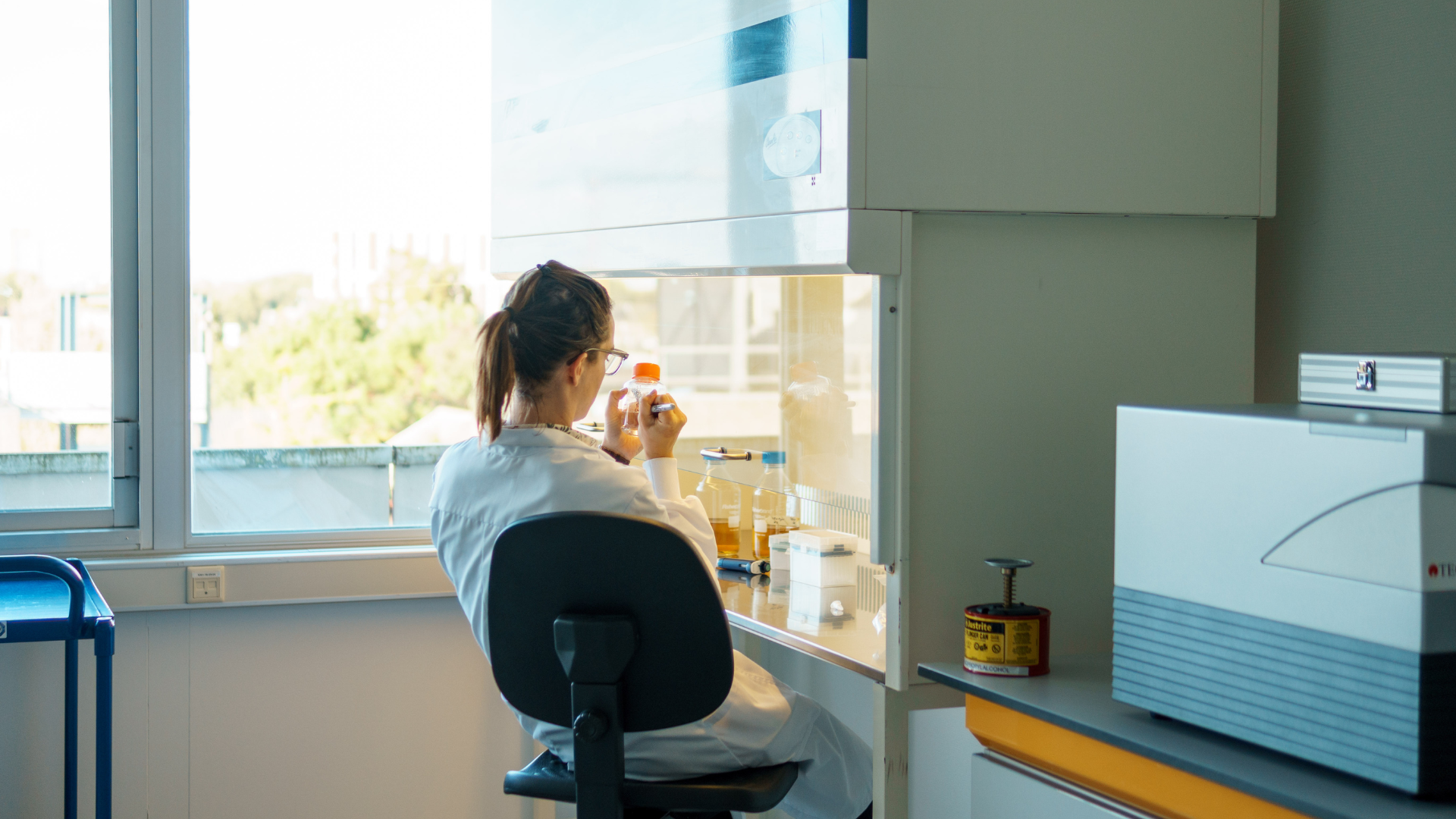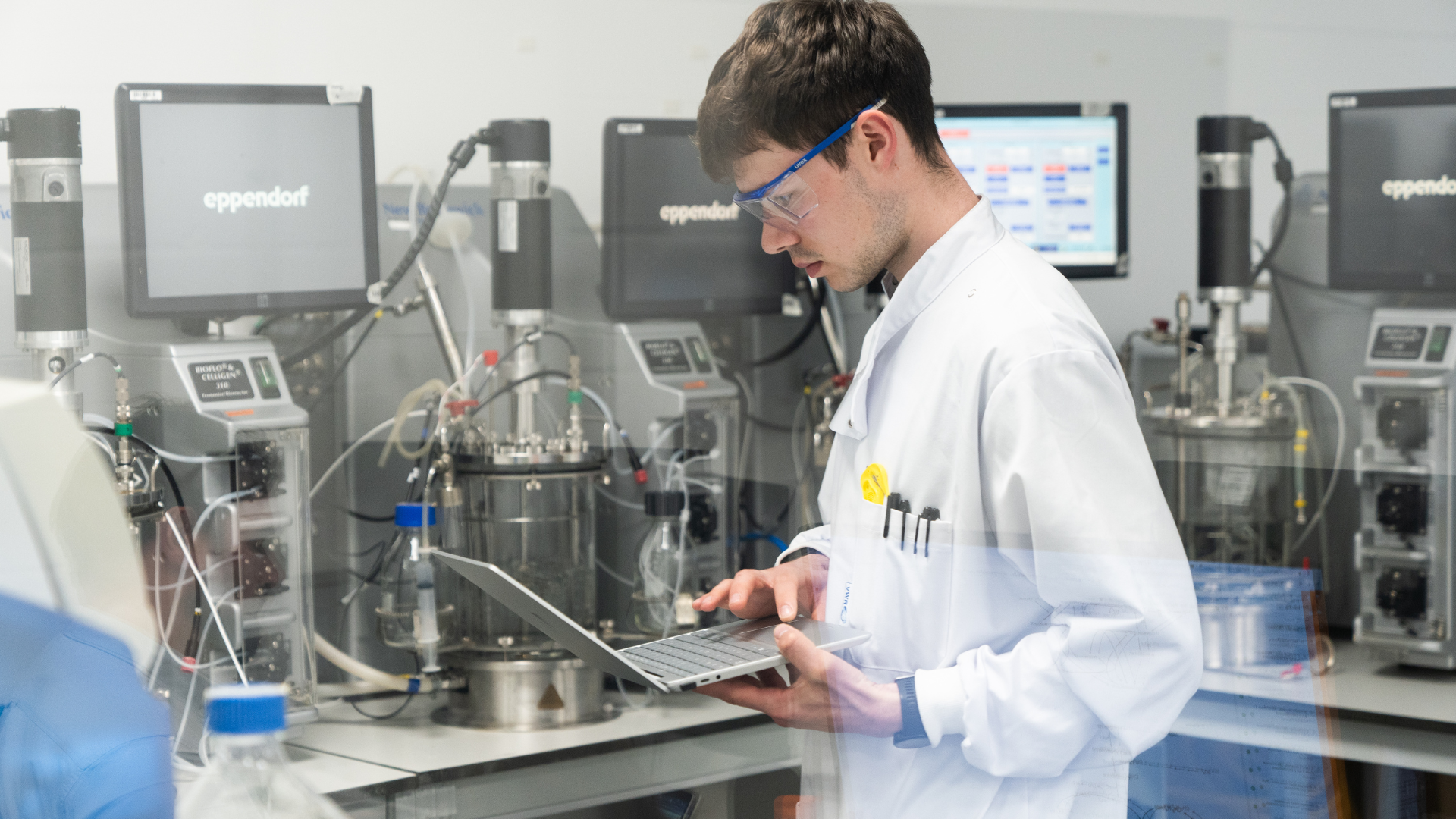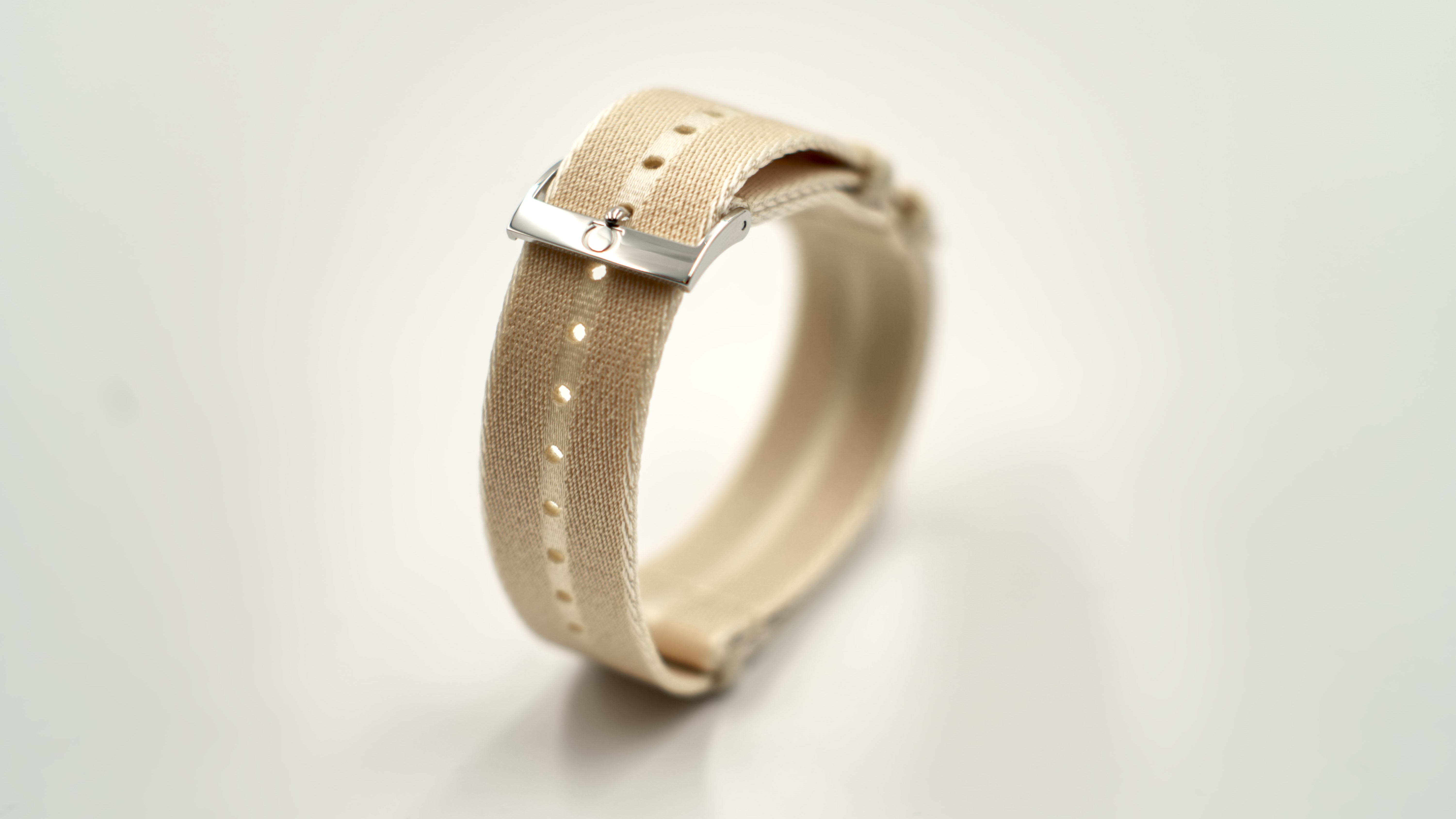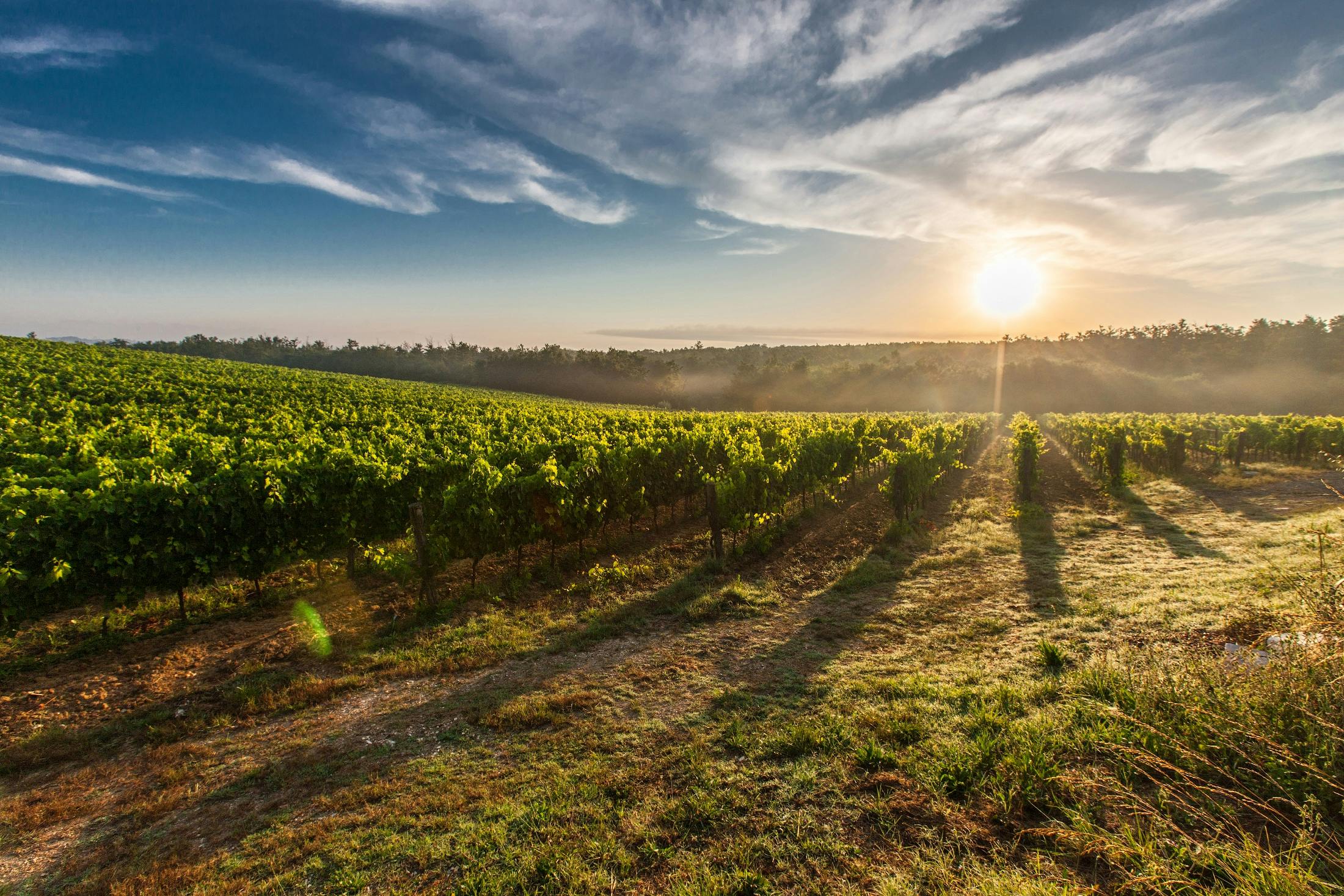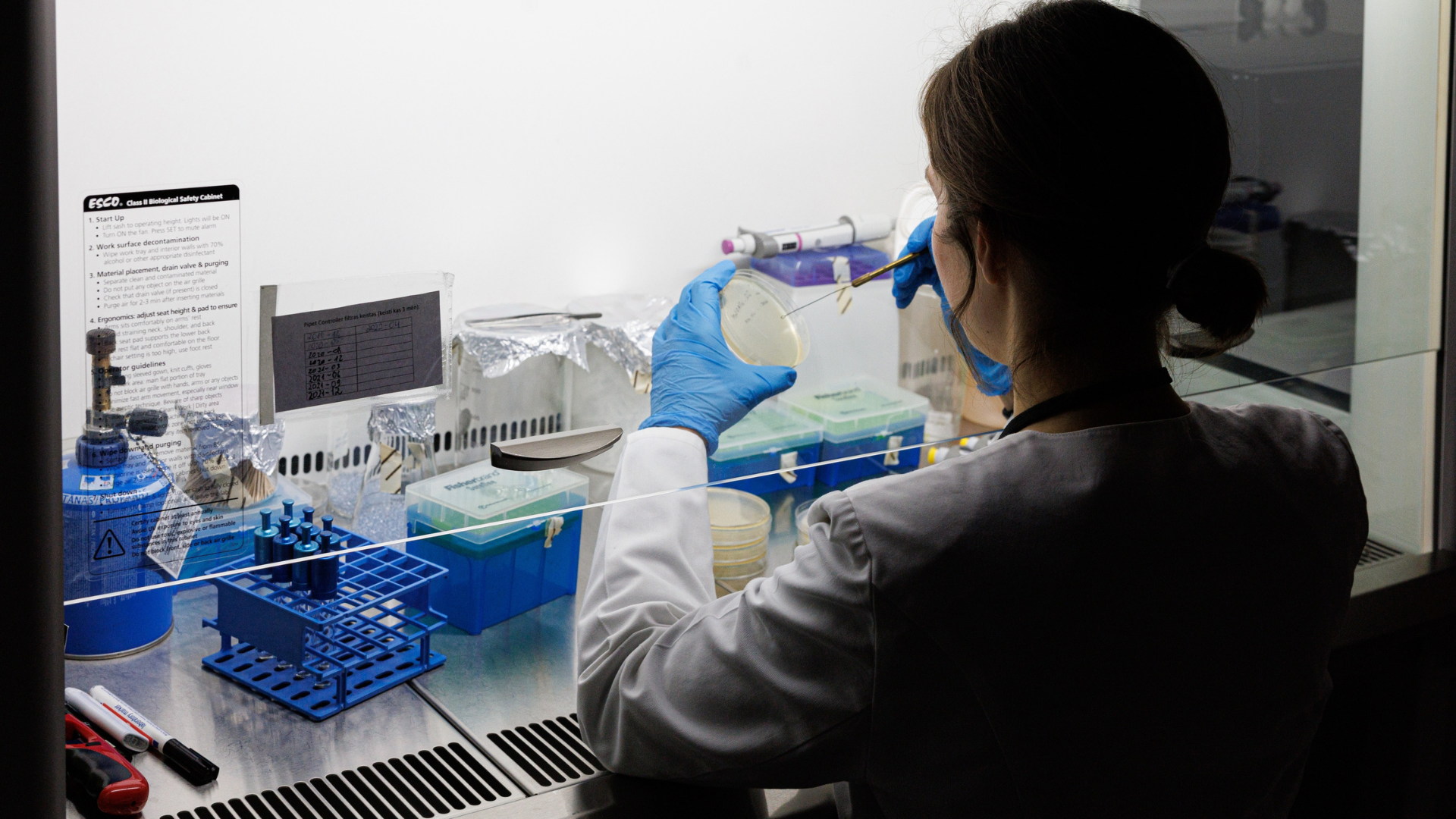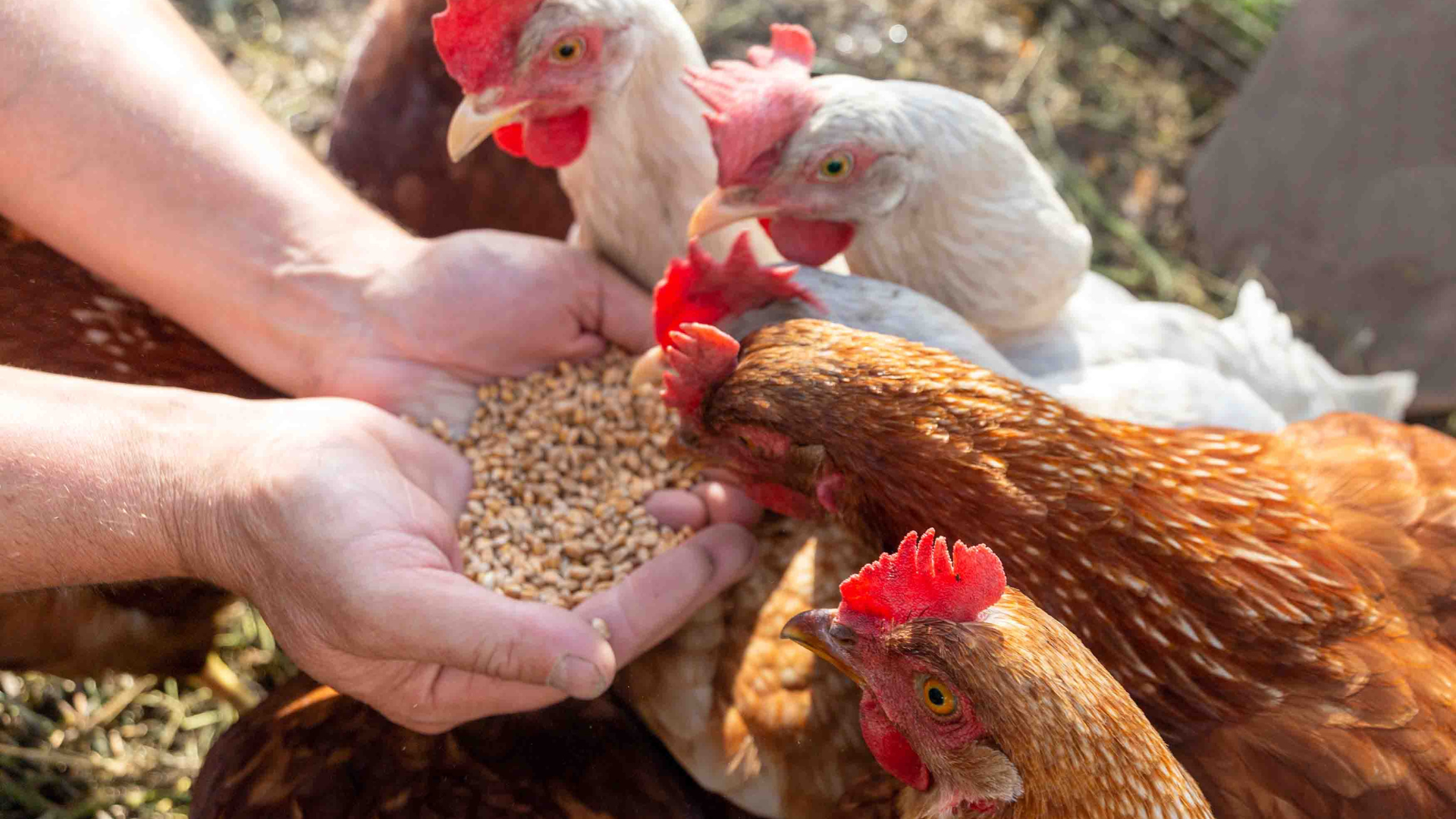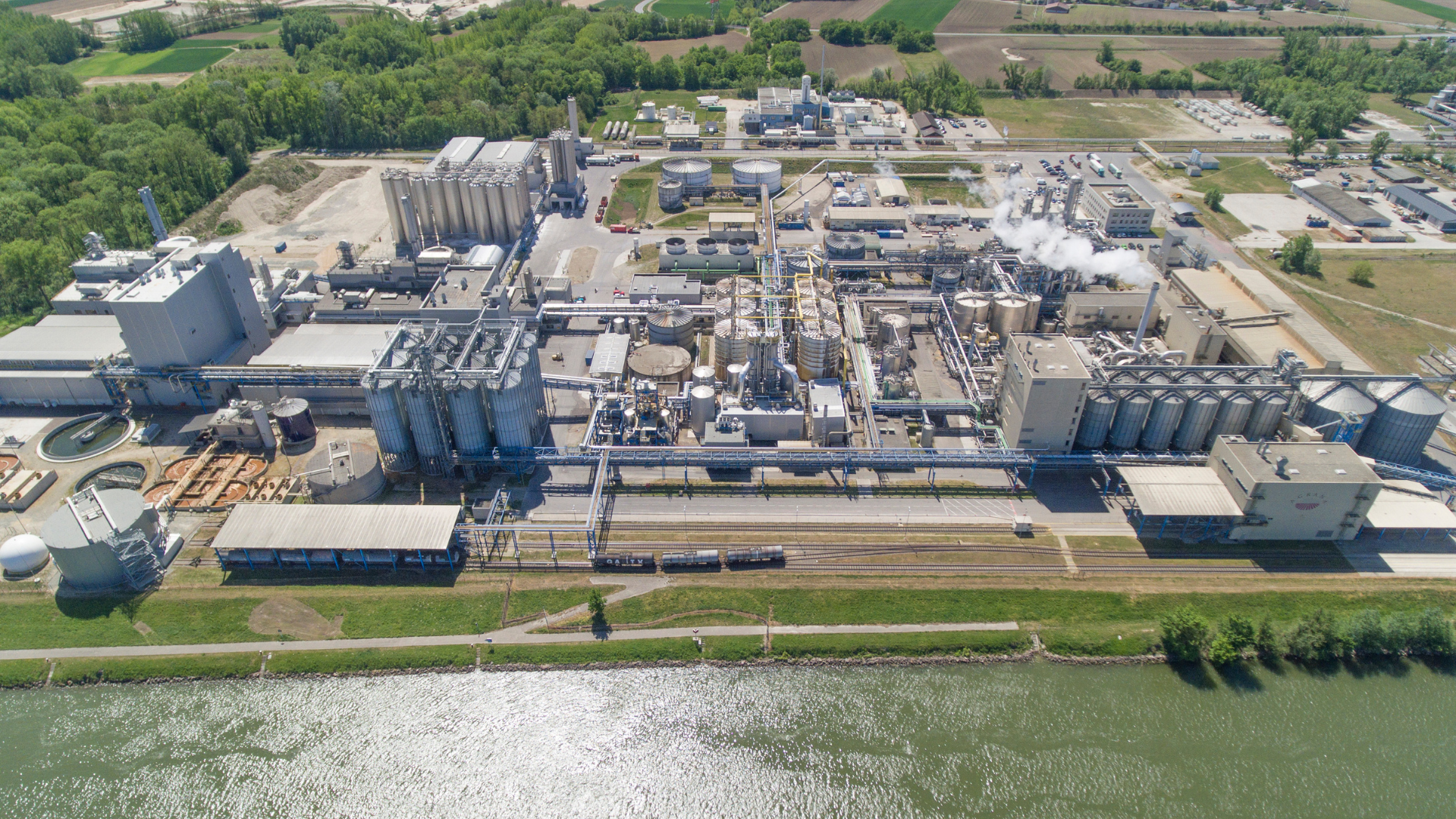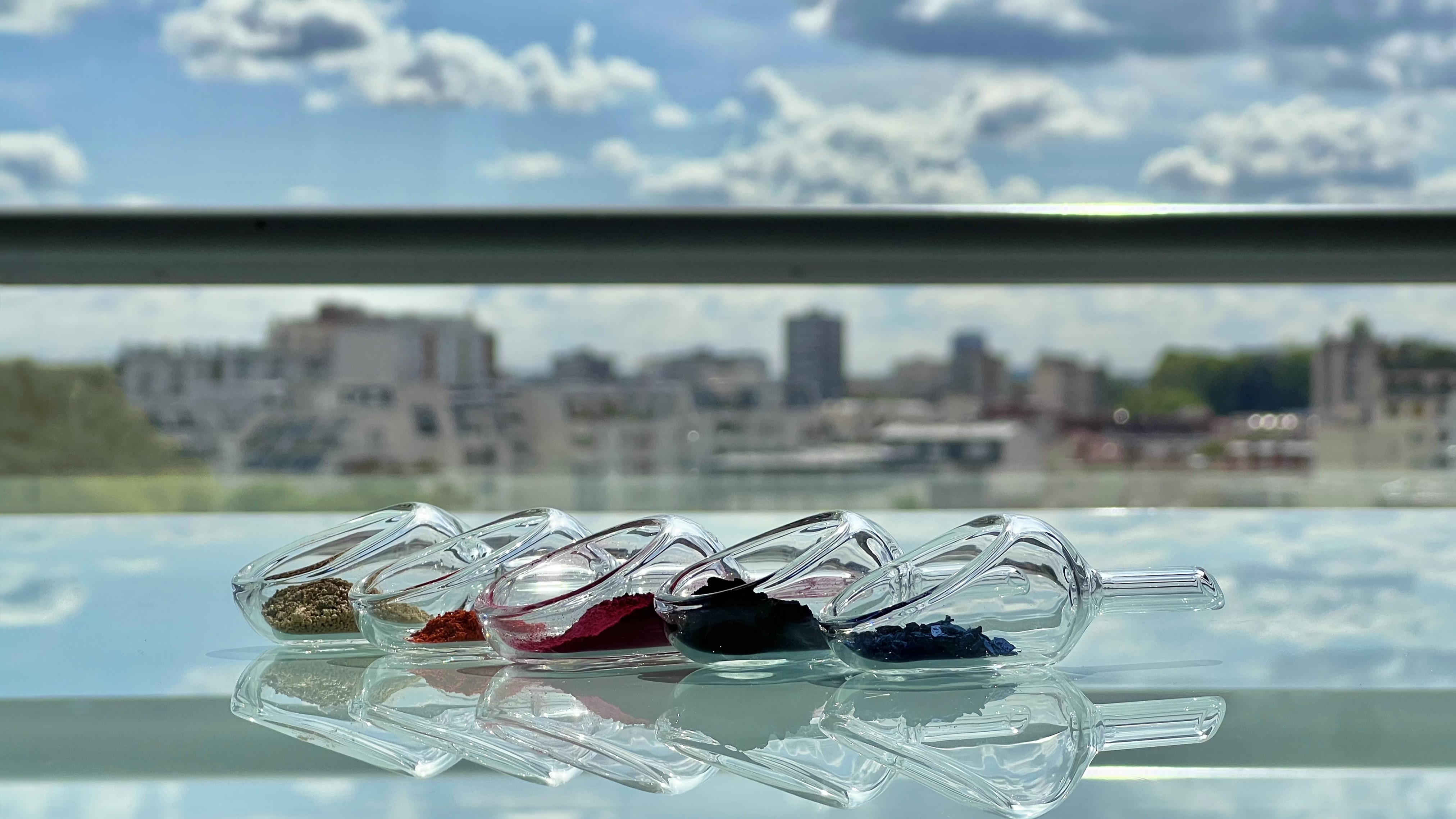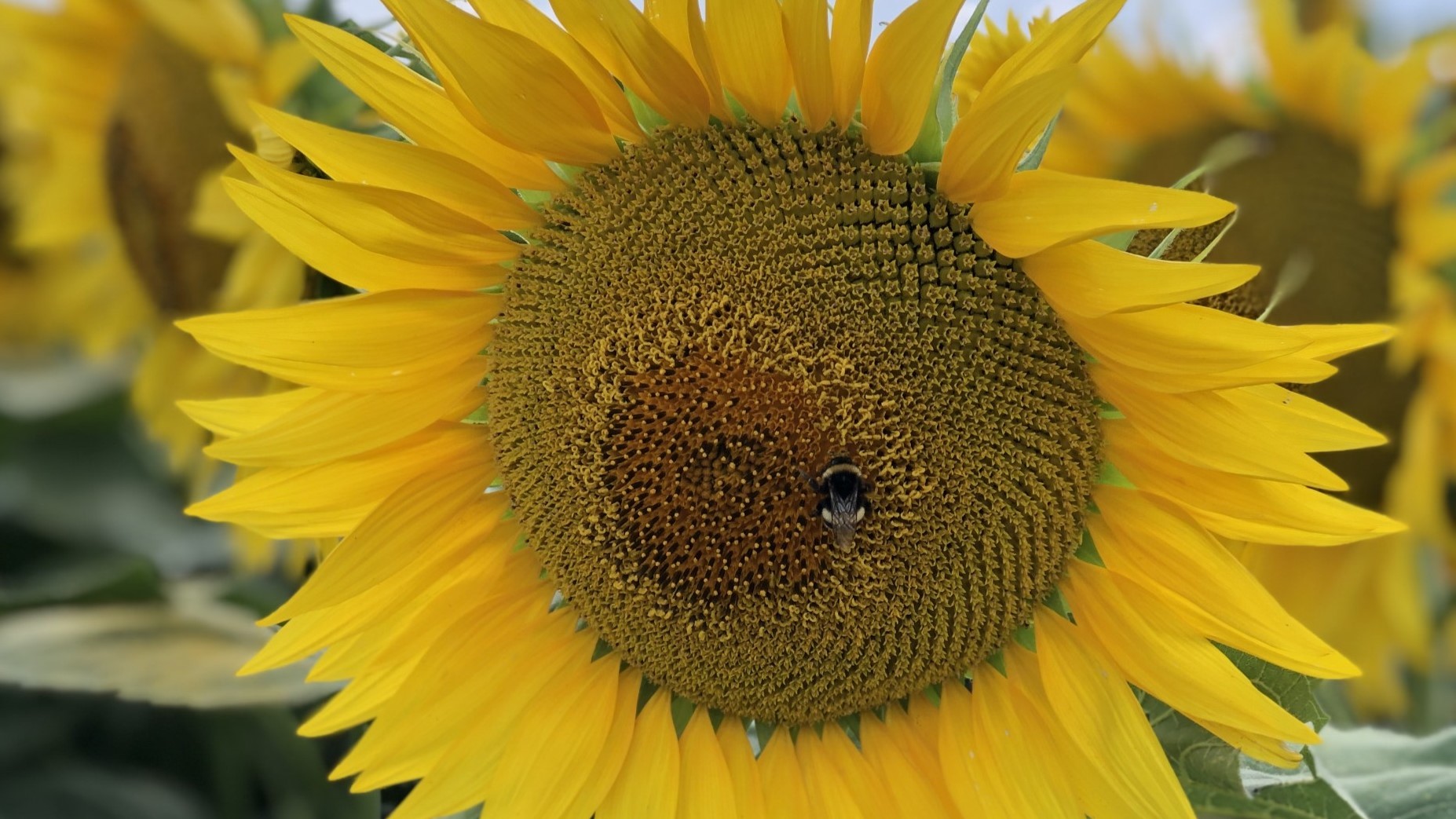Existing innovative biosolutions and the companies who produce them can make Europe's biorevolution happen. Over decades, we have been sowing the seeds for and shaping this revolution. Now, we need to create the best possible conditions for biosolutions companies to ensure that the coming biorevolution will also be European. We want the companies that were born in Europe to grow here instead of elsewhere.
But currently, we risk missing out on the opportunities of the biorevolution because of regulations that have been designed with fossil-based solutions in mind. Products and solutions that are based on natural materials and biological processes are stalled as they wait for approval. At the same time, the European system for regulatory approval and renewal is the slowest in the world. This situation risks driving companies and researchers out of Europe, and with them the chance for Europe to lead the biorevolution.
The European biosolutions sector has a wide variety of benefits to offer the world. However, they remain held back by obstacles in their efforts to create new solutions based on time-tested techniques from nature’s own toolbox. We have the knowledge. We have the companies. We have the techniques and we have the solutions. Let’s make Europe’s biorevolution happen. Here, you'll find a selection of innovative companies already pushing for change.

